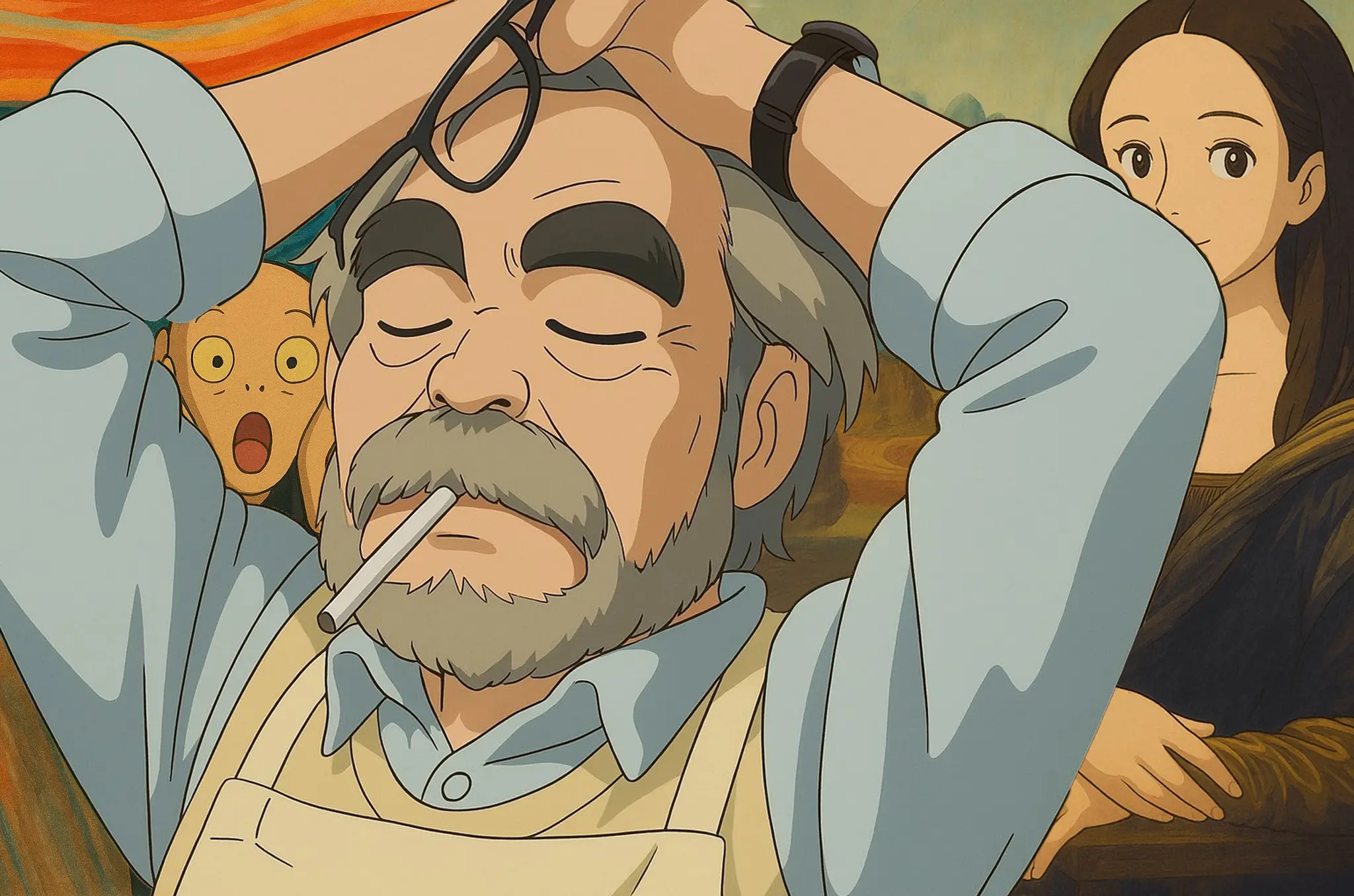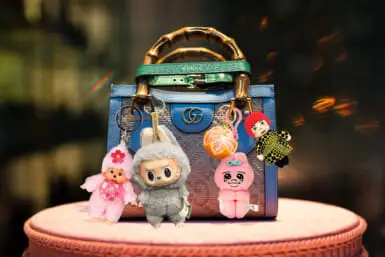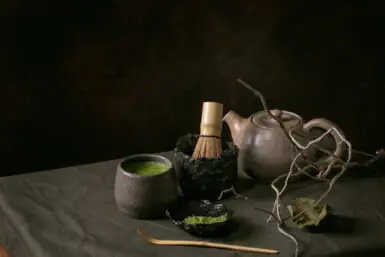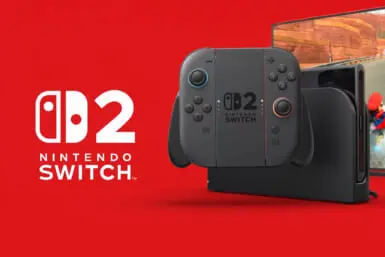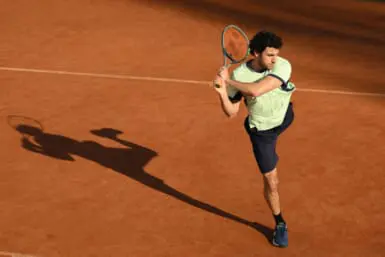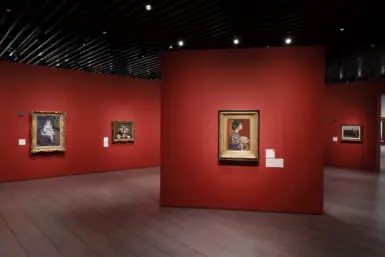For the past week, social media platforms have been flooded with AI-generated images in the style of Studio Ghibli works. The phenomenon follows the implementation of a new image generation function in ChatGPT, announced on March 25 by OpenAI. While millions of Instagram and X Users participated in this seemingly harmless trend, it has also caused fierce debates about copyright infringement and the dubious ethics of AI “art.”
What Happened: The Rise of Ghibli-fied Images
The new ChatGPT function, named “4o Image Generation,” allows users to create AI-powered images from text prompts or uploaded images. Within hours of its release, social media users began changing their profile pictures to Ghibli-style versions of themselves, led by OpenAI CEO Sam Altman on X.
Ghibli styling everything from iconic photos like “V-J Day in Times Square” and “Afghan Girl” to memes and everyday scenes, many users marveled at the model’s ability to replicate the uniquely soothing textures and emotional contours of the beloved animation house. At the same time, the trend sparked immediate backlash due to its legal implications.
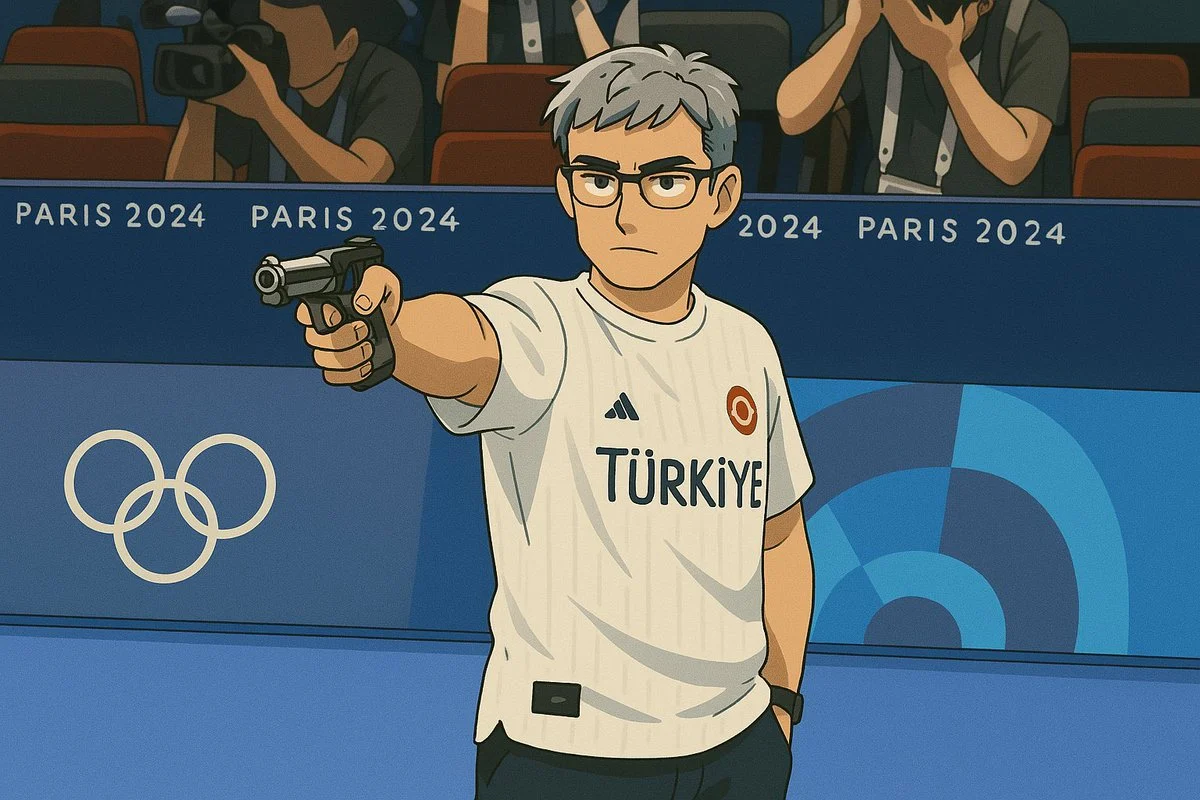
Yusuf Dikec at the 2024 Olympics, ghibli-fied
Legal Implications: Copyright Concerns
According to Evan Brown, an intellectual property lawyer, an artistic style can not yet be protected by copyright law. However, it is likely that OpenAI trained the Ghibli generation function using millions of frames from Ghibli films, complicating the model’s legality. “I think this [legal gray area] raises the same question that we’ve been asking ourselves for a couple years now, ” Brown tells Techcrunch.
For a while now, there have been numerous cases of individuals and corporations questioning the legal implications of training AI models using copyrighted materials. Earlier this March, the Gemini Flash model’s AI image feature released by Google — which allowed users to easily remove watermarks from images — raised copyright concerns. In December 2023, The New York Times sued OpenAI and Microsoft for using their published works to train AI models without permission.
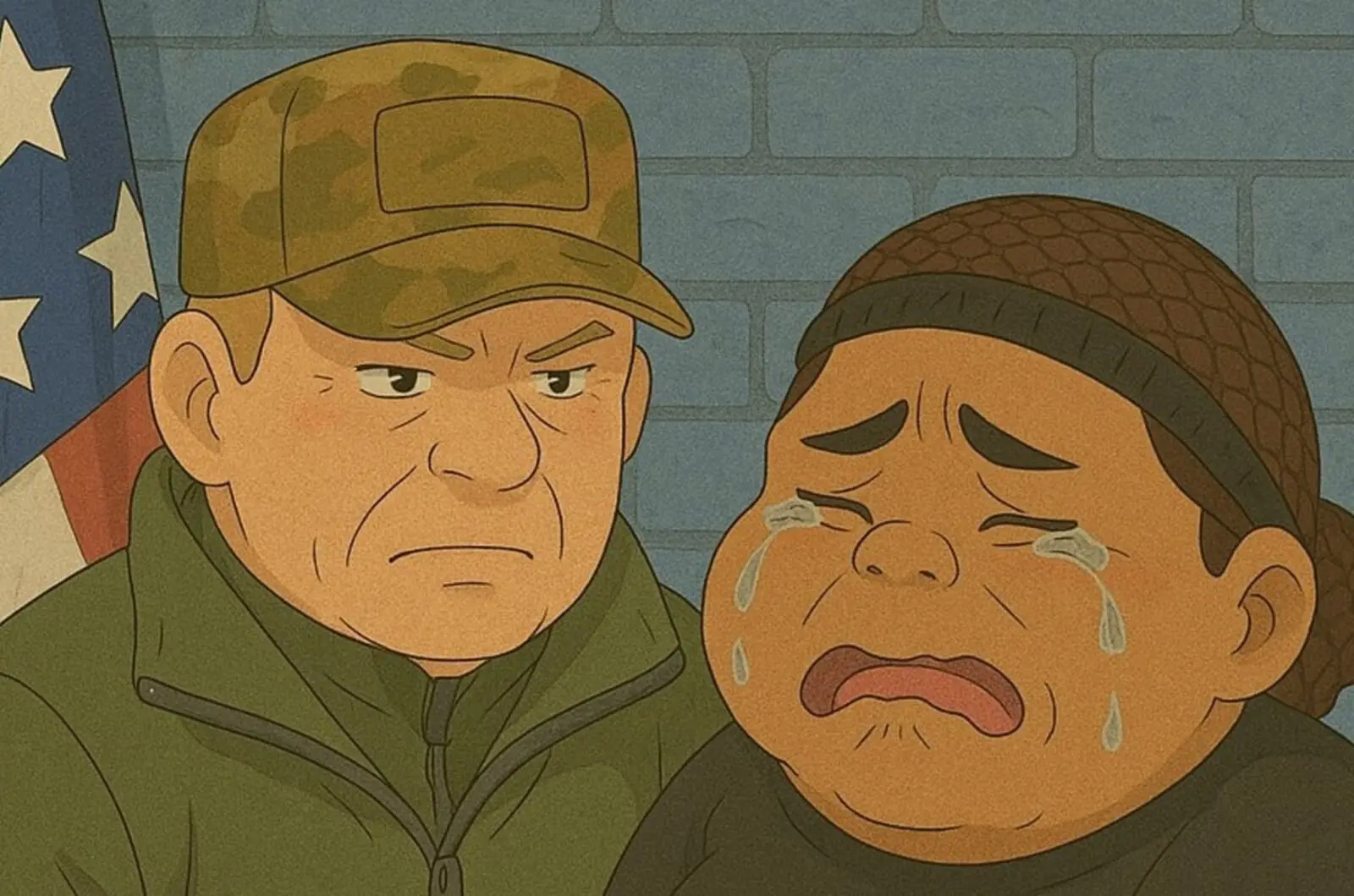
Ghibli-style Image of detained immigrant posted by The White House X Account
Ethical Concerns
As legal concerns persist, so do ethical ones. Specifically, the discourse around Ghibli-style AI generated images ventures beyond just the obvious immorality of co-opting an artist’s oeuvre for corporate ends.
On March 27 — just two days after 4o Image Generation was released — The official White House X account posted a Ghibli-style image mocking a crying detainee in handcuffs, referring to the figure as “Virginia Basora-Gonzalez, a previously deported alien felon convicted of fentanyl trafficking.”
In response to the subsequent online outrage, White House Deputy Communications Director commented, “Disappointing that folks are more upset about this meme than they are about the fentanyl crisis… the arrests will continue. The memes will continue.”
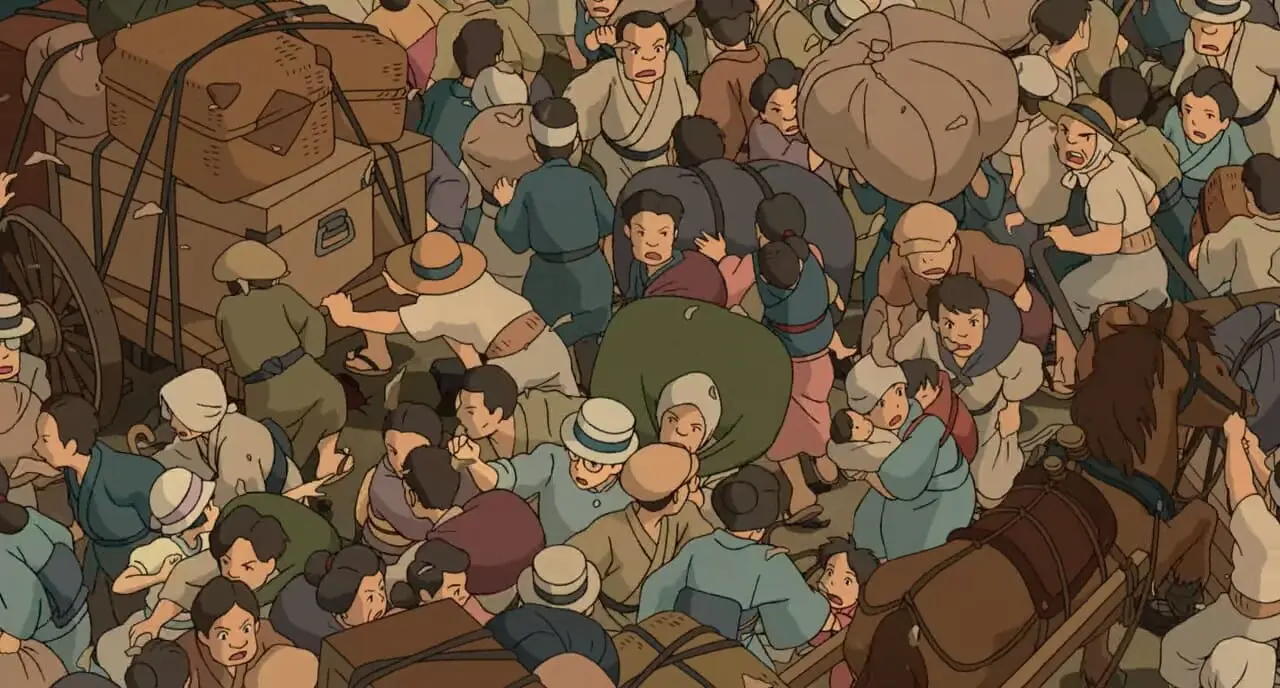
still from “The Wind Rises” (2013)
Hayao Miyazaki and AI Art
While the negative impact of AI “art” on creative professions has been widely discussed for years, ChatGPT’s Ghibli-style image generator struck a particular chord with fans around the world because of what Studio Ghibli and Hayao Miyazaki have historically stood for: a commitment to traditional hand-drawn animation, and a deep-seated environmentalism that often criticizes industrialization and technological hubris. These themes are well-demonstrated in films like “Princess Mononoke” and “Howl’s Moving Castle.”
Earlier this month, @filmthusiast on Instagram highlighted Hayao Miyazaki’s insistence on animating each frame of a 4 second clip from “The Wind Rises” in a viral post. It took animator Eiji Yamanori 15 months to compose the 96-image scene, which depicts a bustling crowd walking in all directions from a birds-eye view.
While Miyazaki has not publicly commented on the Ghibli-style image generator, a clip from a 2016 NHK Special documentary “Miyazaki Hayao: The Never-Ending Man” has resurfaced for its foreshadowing of Miyazaki’s likely stance on artificial animation. In the clip, Miyazaki addresses the idea of artificially generated art with strong contempt. “I don’t want to associate this with our work at all… it feels like a huge insult to life itself,” he comments. “It feels like the end of the world is near. We humans are losing faith in ourselves.”
Note: The images used in this article were all found online,
no new AI images were generated for the article. We love you Miyazaki.

